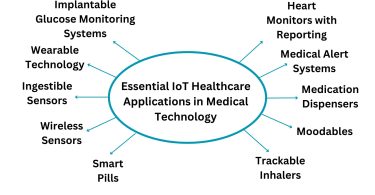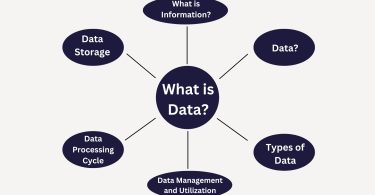The Rise of Artificial Intelligence.
Artificial intelligence (AI) has been a popular topic of discussion in science fiction and philosophy for decades, but it is now rapidly becoming a reality. The year 2017 became a turning point in which AI became a household name, with companies such as Google investing billions of dollars in developing AI applications. The field of AI encompasses a range of fascinating topics, from the design of intelligent machines to the potential implications for our future when these machines become more ubiquitous than humans.
Understanding AI.
But what precisely is AI and exactly why is it so fascinating? Simply and in a nutshell, AI is the science of creating machines that can think like humans and perform tasks that are typically considered “smart.” For example, Siri, Alexa, Transport, Google Maps, AI cleaners and smart cameras are some examples of AI in daily life activities. We will break down the basics of AI in a simplistic manner so that you better understand what it is and why it’s important, in this article. By gaining a better understanding of AI, you can appreciate the groundbreaking advancements in this field and the many ways in which it will shape our future.
The Goal of AI.
The goal of artificial intelligence (AI); in the computer science discipline is to build machines that can carry out tasks that ordinarily require human intelligence. The goal of AI is to enable machines to recognize patterns, make decisions and even judge situations just like humans do. To achieve this, AI relies on processing large amounts of data, which is then used to train machine learning models.
The Power of AI in Data Analysis.
One of the key advantages of AI is its ability to process vast amounts of data in ways that would be impossible for humans to achieve. For example, Large data sets can be analyzed by AI to find patterns and trends that human analysts might not see instantaneously.
AI Decisions: From Traffic Systems to Personalized Services.
AI is already at the foundation of various technologies, such as image recognition and classification. It is also changing how we make decisions in various aspects of our lives. For instance, AI can be used to predict traffic light systems, ensuring smoother traffic flow on the roads. It is also being utilized to predict when you’ll get your coffee in the morning based on your previous diet/orders and other data points. As AI continues to advance, we can expect to see even more groundbreaking applications in various industries. From healthcare to finance, education to transportation, AI will revolutionize the way we live and work, making our lives easier, more efficient and more productive.



